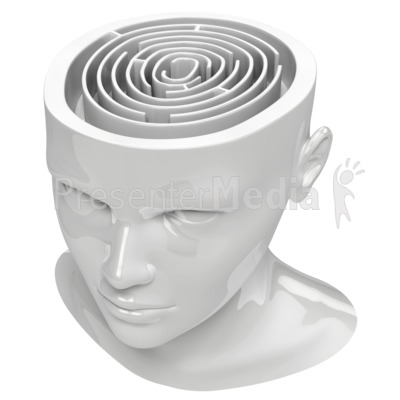Without going into the fact that Hogarth works primarily as an accompanist of vocal music (a field that, for the pianist, does not have a history of memorization) and that he refers to the Tommasini article as if Tommasini were referring to accompanists (or, if you will, collaborative pianists), it's important to note an important lapse in Hogarth's understanding of memorization. He seems to think that one must learn an entire score before committing it to memory. Truly, this is not a good way to proceed.
At its core, "learning" a piece with music before memorizing the piece is a flawed approach. Why? Because one will surely develop a tactile memory before aural or visual memory are established. And, as I've already written, tactile memory is the least reliable form of memory.

In my own work, I never "learn" a piece before committing it to memory. (Of course, I am also in the process of committing some previously performed works to memory, but that's unique to my situation.) I'm a very good sight-reader, so, unfortunately, it's easy for me to get a piece to a reasonable state in very little time. But my goal is to truly know a piece, and I firmly believe that this is only possible with true memorization.
What is "true" memorization? It's the real deal, not the kind that non-memorizers talk about...you know, the "oh, yeah, it's practically memorized" type of musicians. These musicians are like those people who say that they understand and read a foreign language and then, when in that foreign country, are incapable of communication. There are shades of knowledge, but let's be clear that memorized should mean memorized.
This is hard work, and this blog is working with the assumption that its readers will be learning pieces from scratch. And, in this context, "learning" includes memorization.
No comments:
Post a Comment